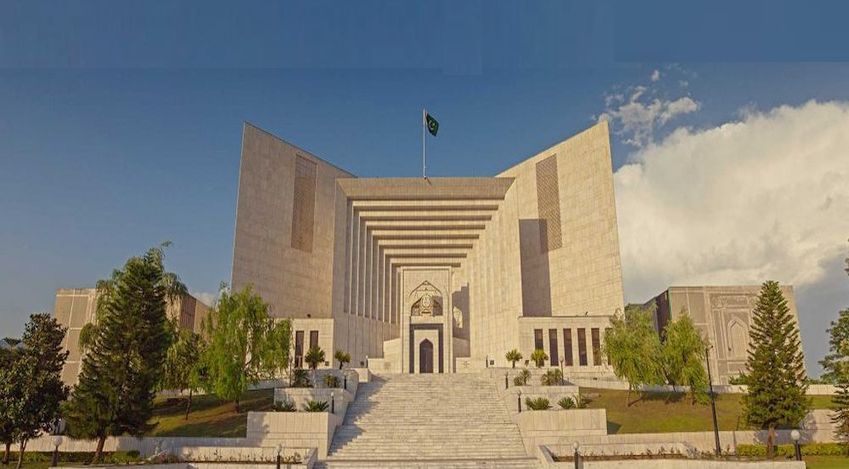The Improper Sampling Procedure during Investigation of Narcotics Substance cases violates the established Legal Precedents resulting in reduction of sentence --- Supreme Court of Pakistan
Islamabad 20-08-2024: The Supreme Court of Pakistan has reduced the sentence of Hasrat Khan, convicted under the Control of Narcotic Substances Act, 1997, from life imprisonment to six years and six months of rigorous imprisonment. The decision comes after the Court identified significant lapses in the investigation process, particularly in the handling and sampling of the narcotic substance involved in the case.
Hasrat Khan was convicted by the Special Judge Barkhan at Rakhni under Section 9(c) of the Control of Narcotic Substances Act, 1997, for possession of 320 kilograms of charas. The trial Court sentenced him to life imprisonment and imposed a fine of Rs. 100,000. This conviction was upheld by the High Court of Balochistan, prompting Khan to file a petition with the Supreme Court.
The Supreme Court, led by Mr. Justice Yahya Afridi, Mr. Justice Jamal Khan Mandokhail, and Mr. Justice Malik Shahzad Ahmad Khan, scrutinized the investigation's handling of the case, particularly the sampling procedure. The Court emphasized that, according to the precedent set in “Ameer Zeb v. The State” (PLD 2012 SC 380), it is mandatory to take separate samples from each packet of the recovered narcotic substance for chemical analysis. However, in this case, only one consolidated sample of 3.2 kilograms was taken from the 320 packets, violating established legal procedures.
The Court expressed strong disapproval of the gross negligence and lack of diligence in the investigation, particularly by the Investigating Officer, who failed to take separate samples from each packet. This failure, the Court noted, could have jeopardized the integrity of the case and warranted a reduction in the sentence.
In response to these lapses, the heads of the investigating and prosecuting agencies in Balochistan acknowledged the need for better training and sensitization of their personnel. They agreed on the necessity of capacity building and closer supervision in handling narcotics cases, especially those involving large quantities.
While the Supreme Court upheld Khan's conviction under Section 9(c) of the Control of Narcotic Substances Act, 1997, it reduced his sentence to six years and six months of rigorous imprisonment. The Court also imposed a fine of Rs. 30,000, with an additional six months of simple imprisonment if the fine is not paid. The benefit of Section 382-B of the Code of Criminal Procedure, 1898, which allows the period of detention already undergone to be considered as part of the sentence, was extended to Khan.
This judgment underscores the Supreme Court's commitment to upholding legal standards in criminal investigations and the importance of adhering to established procedures in narcotics cases. It also highlights the judiciary's role in ensuring that the investigation and prosecution of serious offenses are conducted with the utmost diligence and in accordance with the law.
Powered by Froala Editor








